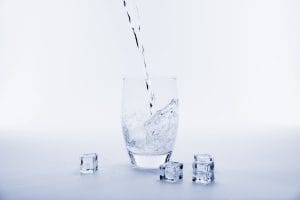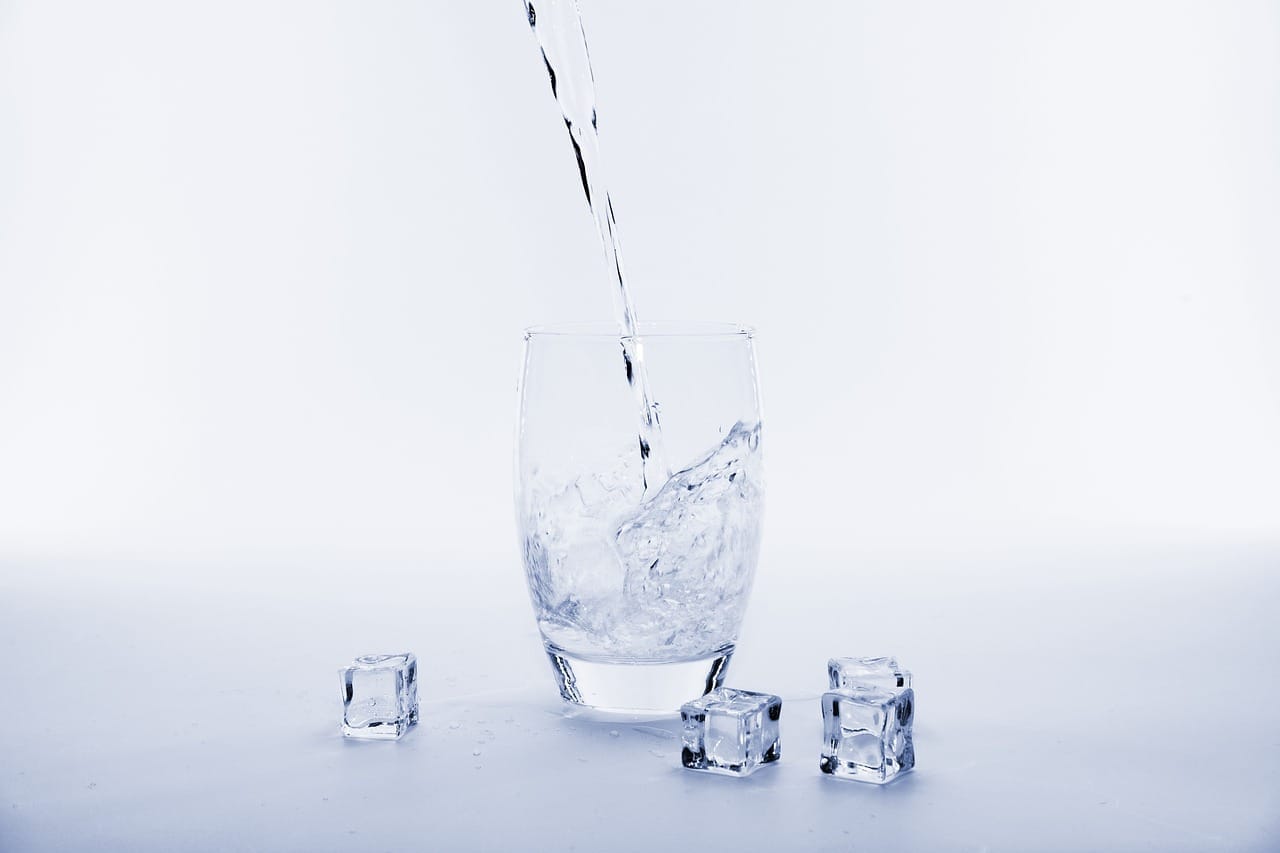Water is an essential component for maintaining overall health and well-being, and its temperature can have various effects on the body. This research article explores the medical implications of consuming cold water and investigates the optimal timing for its consumption. By understanding the effects of cold water on digestion, metabolism, hydration, exercise performance, and overall health, individuals can make informed choices that promote their well-being and maximize the potential benefits.
Effects of Cold Water on Digestion:
Drinking cold water can influence gastric motility, affecting the rate at which food is emptied from the stomach. It may also impact nutrient absorption in the gastrointestinal tract. However, consuming cold water excessively or at inappropriate times may lead to gastrointestinal discomfort, such as bloating or cramping.

Cold Water and Metabolism:
Cold water consumption has been associated with a thermogenic effect, as the body expends energy to warm the water to body temperature. While this can contribute to increased calorie expenditure, the overall impact on weight management is relatively modest. Cold water consumption should be considered as part of a comprehensive approach to a healthy lifestyle.
Hydration and Cold Water:
Cold water is generally absorbed by the body at a similar rate to room temperature water. It can be refreshing and appealing, leading to increased hydration. However, cold water consumption does not have a direct impact on electrolyte balance, which should be maintained through a balanced diet. Proper hydration before, during, and after exercise is essential for optimal performance and preventing dehydration.
Performance and Cold Water Consumption:
Drinking cold water during exercise can help lower body temperature, improve endurance, and aid in post-exercise recovery. It has also been associated with improved cognitive function and increased alertness. However, individual preferences and tolerance should be considered, as some athletes may prefer room temperature water to avoid potential gastrointestinal discomfort.
Potential Risks of Consuming Cold Water:
Drinking very cold water can temporarily constrict blood vessels, affecting blood circulation. Excessive consumption of cold water, especially on an empty stomach, may lead to gastrointestinal discomfort. Individuals with respiratory conditions should be mindful of their water temperature preferences to avoid triggering symptoms.
Optimal Timing for Drinking Cold Water:
Consuming cold water before meals may help increase metabolism and promote a feeling of fullness that aids in portion control. During meals, cold water may temporarily affect digestion and nutrient assimilation, so individuals with sensitive digestion may prefer room temperature water. Drinking cold water after a meal can help with digestion and provide a refreshing sensation. It is also beneficial to consume cold water before and after exercise to regulate body temperature and support hydration. Starting the day with a glass of cold water can provide a refreshing boost, and drinking cold water in the evening promotes hydration and overall well-being.
Understanding the optimal timing for drinking cold water can contribute to improved health outcomes and enhance individuals’ overall well-being. It is important to consider personal preferences, tolerance, and any underlying medical conditions when determining the most suitable temperature and timing for water consumption. Further research is needed to explore individual variances in response to cold water consumption and its long-term effects on specific populations. By making informed choices, individuals can harness the potential benefits of cold water consumption and promote their health and well-being.





